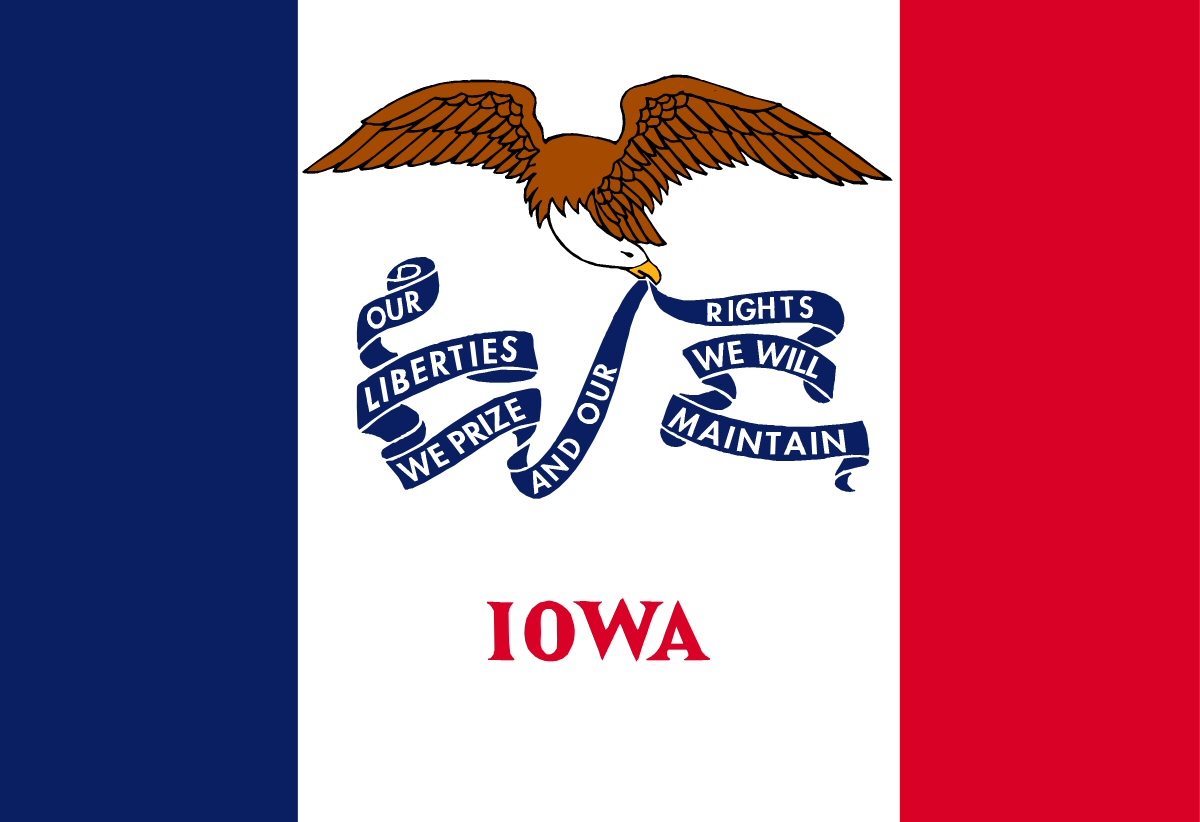State of Iowa Short-Term Rental Regulations
Short-term rental regulations vary depending on the location and may include zoning laws, occupancy and safety standards, taxation, licensing, and insurance requirements review our guides for more information specific to your city.
Reviewed by Derick Hargrave
Last updated September 04, 2023

Overview of Iowa Short-Term Rental Regulations
Information is maintained by the community to provide helpful insights and links to local regulations, HostScouts does not provide legal or investment advice.
From scenic towns to cosmopolitan cities like Des Moines, Iowa offers many appealing destinations for travelers. As interest in short term rentals grows, hosts need to understand regulations before listing properties.
In this guide, I'll outline key laws, permit rules, tax obligations and safety standards for Iowa vacation rentals. My goal is to help hosts achieve legal compliance and avoid penalties. Let's get started!
Defining Short Term Rentals in Iowa
Iowa statutes don't provide an explicit definition of short term or vacation rentals. However, they allow cities and counties to regulate these rentals based on length of stay.
For example, Davenport defines short term rentals as lodging offered for periods less than 30 consecutive days. Other jurisdictions use nightly stays as criteria.
So while a statewide standard doesn't exist, local ordinances establish definitions within their short term rental laws. Check requirements for your specific area.
Common Length of Stay Thresholds
Many Iowa cities define short term rentals as those offered for periods less than 30 days. This typically covers:
- Entire homes
- Apartments
- Condos
- Cabins
- Private rooms
Listings presented as nightly or weekly vacation rentals would also qualify under most local laws.
Local Ordinances Vary
With no comprehensive statewide legislation, regulations for short term rentals depend on local city and county ordinances in Iowa.
These range from zoning rules to permits, taxes, health standards and more. Researching both state statutes and local laws is essential.
Starting a Short Term Rental Business in Iowa
Here are key steps Iowa hosts should know when launching a new short term rental property:
Check Local Zoning
Many Iowa cities restrict short term rentals through zoning regulations. Some limit them to commercial areas only. Others prohibit them fully. Verify zoning allows rentals in your area.
Obtain Permits
Most municipalities require hosts obtain local permits or licenses to legally operate short term rentals. For example, Davenport charges $75 annually. Des Moines requires a $75 permit.
Register for Taxes
You'll need to register with the Iowa Department of Revenue to collect and remit applicable state and local taxes on rentals. Handle registration and filing online.
Tax Obligations for Iowa Short Term Rentals
As a host, you must collect and pay all relevant state, county and city taxes. Here's an overview:
State Hotel Tax
Iowa levies a 5% hotel tax on short term rental transactions. This applies to total rental rates plus any cleaning or service fees paid by guests.
Hosts collect this tax at booking. You must report and pay the state on either a monthly or semi-annual basis.
Local Taxes
Some Iowa cities impose additional local taxes on short term rental revenue, such as hotel or tourism taxes.
For example, Davenport has a 7% hotel tax. Des Moines charges a 2% tourism tax. Verify any other taxes that apply in your jurisdiction.
Filing Timeframes
Iowa hosts must file returns and remit all state and local taxes monthly or semi-annually depending on location and revenue amount. Filings are handled online.
Health and Safety Standards for Iowa Rentals
To protect visiting guests, short term rentals in Iowa must comply with various health, fire and safety regulations:
Fire Safety
State law requires functional fire extinguishers, smoke detectors, escape routes and regular fire code compliance. Rentals are subject to periodic inspections.
Units with hot tubs or pools have additional barriers, lighting and signage requirements. Make safety a priority.
Food Safety
Any food or beverages offered to guests must meet state health codes for proper storage, prep and labeling. Limiting offerings avoids complex compliance.
Building and Health Codes
Short term rentals must adhere to state standards around electrical, plumbing, egress and more. Local agencies conduct housing inspections too. Promptly address any identified issues.
Conclusion
While Iowa lacks centralized laws, local ordinances establish key short term rental regulations hosts must follow. By researching rules, obtaining permits, collecting taxes and emphasizing safety, hosts can build successful vacation rental businesses.
Iowa Airbnb Regulations by City
Information is maintained by the community to provide helpful insights and links to local regulations, HostScouts does not provide legal or investment advice.




